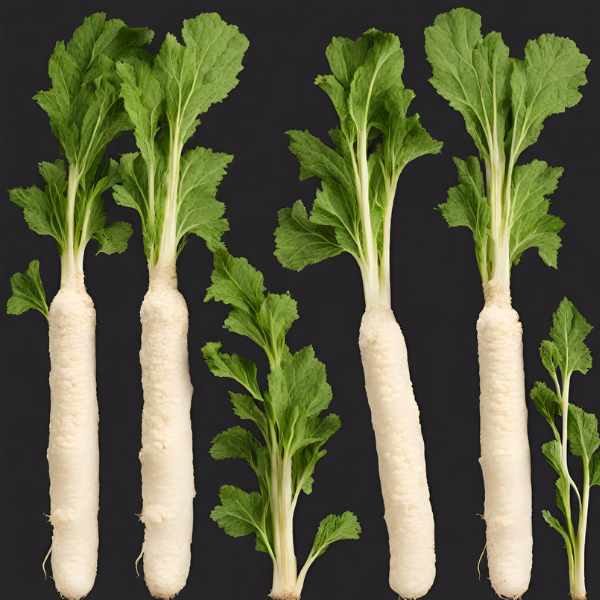Can Dogs Eat Horseradish? No, dogs should not eat horseradish. This vegetable contains many nutrients but it has high amounts of sodium which makes it unsuitable for dogs.
If your dog eats too much horseradish, it can cause gastrointestinal issues which can lead to more serious health issues like seizures or kidney damage.
What is Horseradish?
Horseradish is a root vegetable in the Brassica family, which also includes broccoli, cauliflower, and cabbage. It’s usually grated and mixed with vinegar to make horseradish sauce or relish.

This vegetable is popular as it is used widely as beef toppings and also in other meats and fish. It is also used as an ingredient in sauces.
Horseradish contains significant amounts of vitamin C and dietary fiber; however, it’s also quite high in sodium levels.
Why Is Horseradish Bad For Dogs?

Gastrointestinal Upset: Horseradish can cause vomiting, diarrhea, and abdominal pain.
Oral Irritation: Ingesting horseradish may lead to oral irritation, including burning sensations and discomfort in the mouth.
Respiratory Issues: Horseradish contains compounds that can irritate the respiratory tract, leading to coughing and difficulty breathing.
Gastrointestinal Blockage: Consumption of large amounts of horseradish may result in gastrointestinal blockage, especially in small dogs.
Allergic Reactions: Some dogs may be allergic to horseradish, leading to symptoms such as itching, swelling, and hives.
Liver Damage: Excessive intake of horseradish can potentially cause liver damage in dogs due to its high concentration of allyl isothiocyanate.
Symptoms Caused By Eating Horseradish

- If your dog has eaten horseradish, you may notice symptoms like vomiting, diarrhea, loss of appetite, or stomach pain.
- If there are electrolyte imbalances, your pup may also experience excessive thirst and urination.
- In severe cases, seizures and kidney damage can occur if too much sodium is consumed.
Alternatives To Horseradish For Dogs
You can consider the following alternative:
1. The popular alternatives include cooked meats such as chicken or beef, cooked vegetables like carrots and broccoli rabe, vanilla yogurt, eggs, and cheese.
2. Cooked chicken livers also provide a healthy source of protein and vitamins which can help support their overall health.
3. For treats, you can select fruits such as apples, juneberries, or even peanut butter. Besides these, you can sprinkle some spices on the foods to add flavor.
4. Parsley is a great option, as it provides a mild taste and aroma that many dogs enjoy.
5. Another common option is cinnamon, which has a spice flavor and sweet smell. Finally, the spice can be added to food to give it a unique yellow tint without doing any harm.
